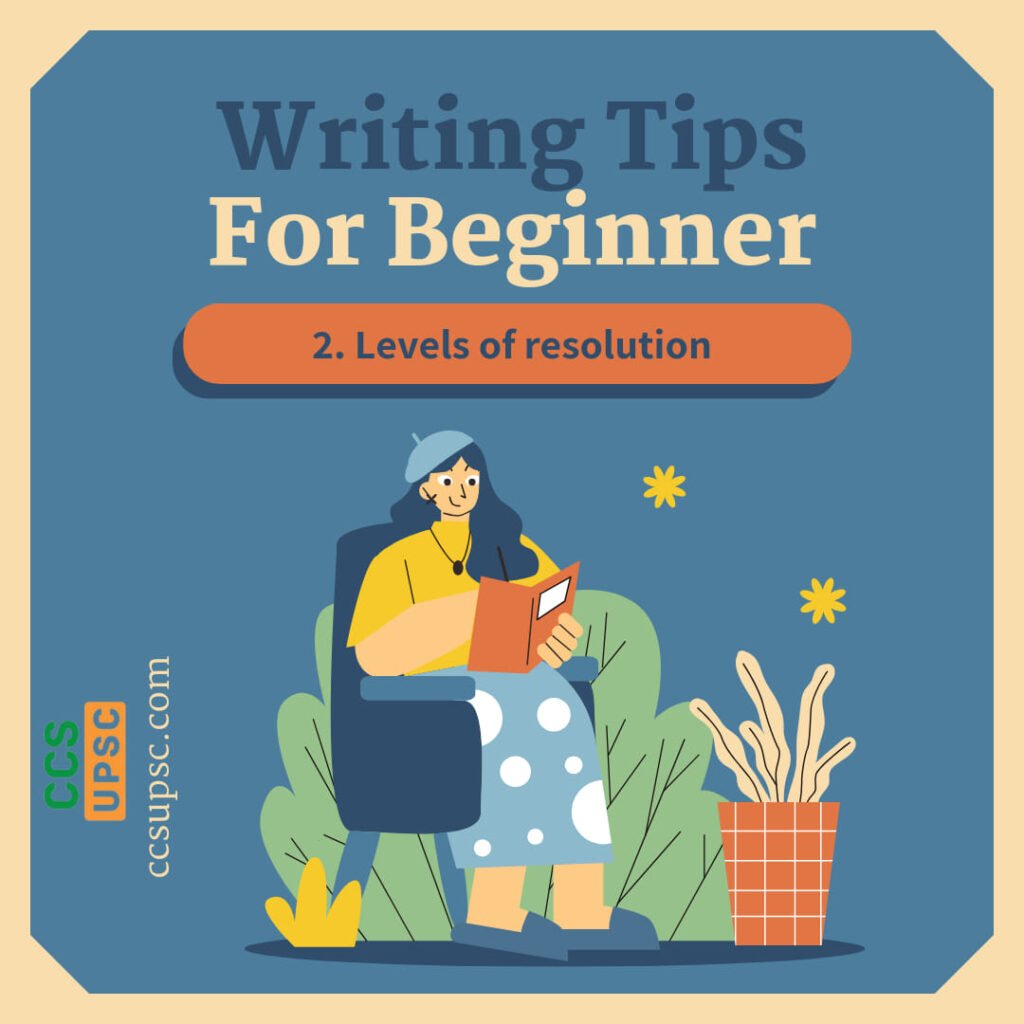Words, sentences & paragraphs
An essay or answer, like any piece of writing, exists at multiple levels of resolution, simultaneously. First is the selection of the word Second is the crafting of the sentence. Each word should be precisely the right word, in the right location in each sentence. The sentence itself should present a thought, part of the idea expressed in the paragraph, in a grammatically correct manner. Each sentence should be properly arranged and sequenced inside a paragraph, the third level of resolution.
As a rule of thumb, a paragraph should be made up of at least 10 sentences or 100 words. This might be regarded as a stupid rule, because it is arbitrary. However, you should let it guide you, until you know better. You have very little right to break the rules, until you have mastered them.
Here’s a little story to illustrate that idea, taken in part from a document called the Codex Bezae.
—
Christ is walking down the road on the Sabbath, when good Jews of that time were not supposed to work. In the ditch, he sees a shepherd, trying to rescue a sheep from a hole that it has fallen into. It is very hot and, clearly, the sheep will not be in very good shape if it spends a whole day in the desert sun. On the other hand, it is the Sabbath. Christ looks at the shepherd and says, “Man, if indeed thou knowest what thou doest, thou art blessed: but if thou knowest not, thou art cursed, and a transgressor of the law.” Then he walks on down the road.
——
The point is this: There is a rest day for a reason. Otherwise people would work all the time. Then they would be chronically unhappy and exhausted. They would compete each other to death. So if it’s time for everybody to rest, then rest, and don’t be breaking the rule. However, it is also not good to let a sheep die in the hot sun, when a few minutes of labor might save it. So, if you are respectful of the rule, and conscious of its importance, and realize that it serves as a bulwark against the chaos of the unknown, and you still decide to break it, carefully, because the particularities of the circumstances demand it – well, then, more power to you. If you are just a careless, ignorant, antisocial narcissist instead, however, then look out. You break a rule at your peril, whether you know it or not.
Rules are there for a reason. You are only allowed to break them if you are a master. If you’re not a master, don’t confuse your ignorance with creativity or style. Writing that follows the rules is easier for readers, because they know roughly what to expect. So rules are conventions. Like all conventions, they are sometimes sub-optimal. But not very often. So, to begin with, use the conventions. For example, aim to make your paragraphs about 10 sentences or 100 words long.
A paragraph should present a single idea, using multiple sentences. If you can’t think up 100 words to say about your idea, it’s probably not a very good idea, or you need to think more about it. If your paragraph is rambling on for 300 words, or more, it’s possible that it has more than one idea in it, and should be broken up.
All of the paragraphs have to be arranged in a logical progression, from the beginning of the essay or answer to the end. This is the fourth level of resolution. Perhaps the most important step in writing an essay or answer is getting the paragraphs in proper order. Each of them is a stepping stone to your essay’s final destination.
The fifth level of resolution is the essay or answer, as a whole. Every element of an essay can be correct, each word, sentence, and paragraph – even the paragraph order – and the essay can still fail, because it is just not interesting or important. It is very hard for competent but uninspired writers to understand this kind of failure, because a critic cannot merely point it out. There is no answer to their question, “exactly where did I make a mistake?” Such an essay is just not good. An essay without originality or creativity might fall into this category. Sometimes a creative person, who is not technically proficient as a writer, can make the opposite mistake: their word choice is poor, their sentences badly constructed and poorly organized within their paragraphs, their paragraphs in no intelligible relationship to one another – and yet the essay as a whole can succeed, because there are valuable thoughts trapped within it, wishing desperately to find expression.














